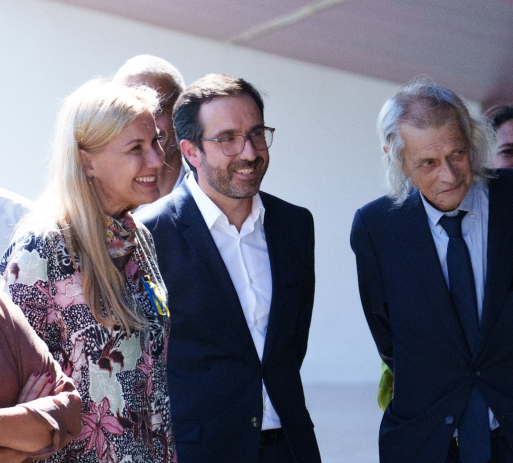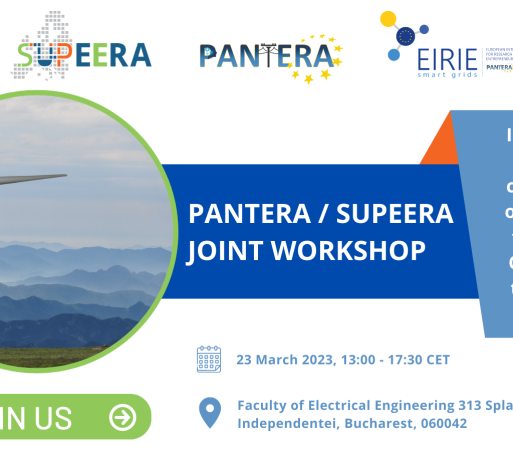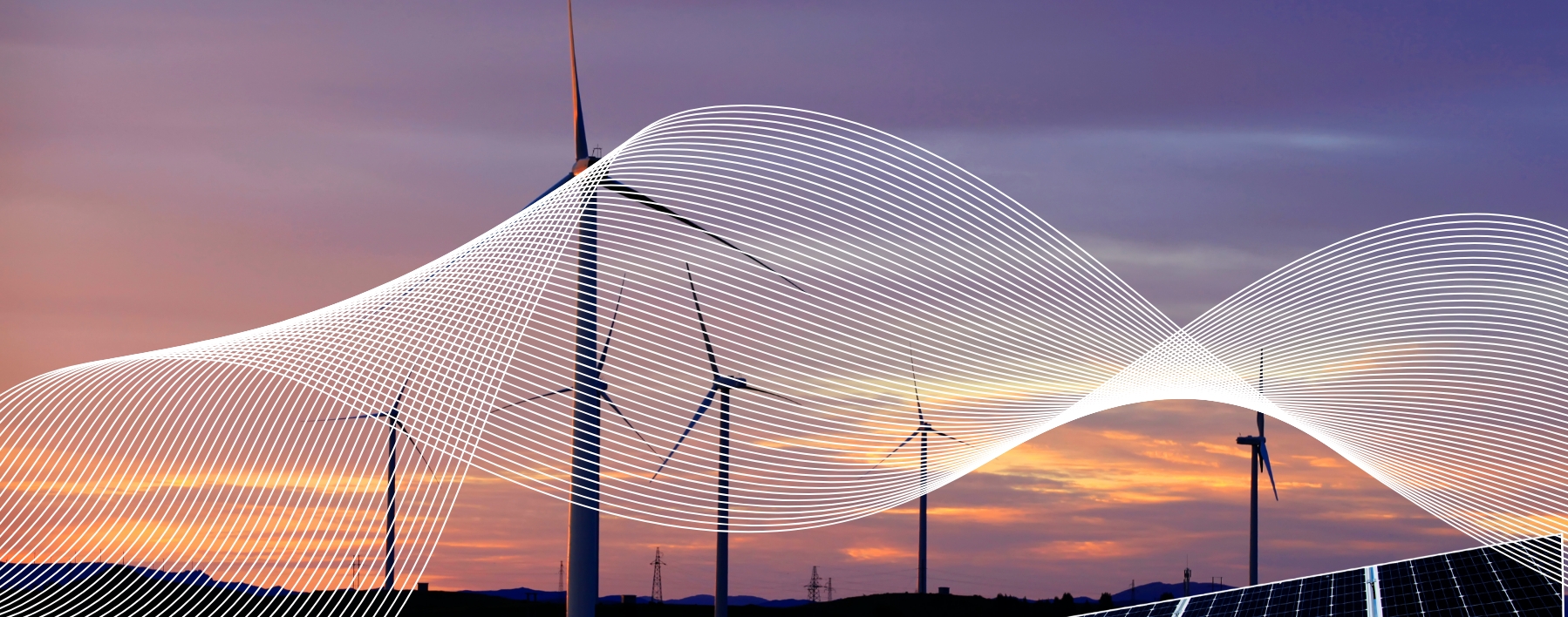How does RUG’s interdisciplinary approach contribute to DATA CELLAR?
The University of Groningen (RUG) is a research university with a strong academic tradition and global outlook. Since its establishment in 1614, it has always put emphasis on excellence in both education and research. Most notably, it is currently on several influential ranking lists and has brought forward striving academics, such as the first Dutch astronaut, the first female student, and numerous Nobel prize winners.
RUG also prioritizes intra-disciplinarity within different domains of law. Most importantly, energy and technology law, which are becoming more and more intertwined as a result of the ongoing process of digitalisation of energy systems and the transition to smarter, greener and more sustainable energy markets. In this context, the teams from the Groningen Centre for Energy Law and Sustainability (GCELS) and the Security, Technology and e-Privacy (STeP) Research Group, which are active in the DATA CELLAR project, are leaders in these different, but interconnected fields of law.
The STeP Research Group, as derived from its name, focuses on three main research areas in their broadest sense: security, technology and privacy. GCELS combines expertise from different branches of law. That expertise is applicable to the production, transport, storage and supply of energy. Moreover, it can be applied to the promotion of energy coming from renewable sources and energy efficiency, the security of the energy supply, the (green and digital) energy transition as well as environmental protection and climate action.
What is the role of RUG in DATA CELLAR?
DATA CELLAR is a Horizon 2020 project that aims to create energy data spaces for energy communities. It is an initiative with an interdisciplinary consortium with technical, legal and ethical related to the design of energy data spaces.
RUG is one of the key partners which form the DATA CELLAR consortium. It is responsible for the legal and regulatory aspects that are of importance for the design, creation and operationalisation of energy data spaces. As a result, RUG is active in several work packages (WPs), amongst the others, WP1, WP 2, WP3, and WP7 where it analyses laws applicable to the energy data spaces. In doing so, it examines the legal relationship between energy communities. It focuses on their different roles and activities, energy data, and different aspects of its processing (ownership use, access and sharing, regulation).
The foregoing allows to ensure DATA CELLAR’s compliance with existing legal frameworks. Most notably, the detailed and extensive work of RUG is reflected in the guidelines, protocols and policy on legal and ethical aspects for fair data handling for DATA CELLAR’s dataspace and its Marketplace.
Why is RUG important for DATA CELLAR?
RUG is crucial for DATA CELLAR because of its intra-disciplinary legal expertise in the field of energy and technology law. This proficiency is indispensable for ensuring legal compliance with European and national legal frameworks. Examples of that are regulation of energy communities, data protection laws and cyber-security laws. RUG’s knowledge on laws relating to energy communities ensures that they together with their members will be able to exercise their data rights, for example, the right to access and share their energy data, via DATA CELLAR’s data space. Since energy data can be personal and often sensitive, RUG’s expertise in both data protection and cyber-security laws helps to safeguard the highest level of privacy and security of DATA CELLAR’s dataspace.
In other words: with its diversified approach and expertise, the RUG helps DATA CELLAR to ensure all of its functionalities and tools will be compliant with existing legal frameworks. Thereby, the RUG safeguards the creation of lawful and fair energy data spaces and energy data exchanges, enabling the DATA CELLAR project to achieve its main objectives. By participating in the DATA CELLAR project; it is also able to contribute to the development of DATA CELLAR’s dataspaces and advance digital and green transition of the European energy system.





